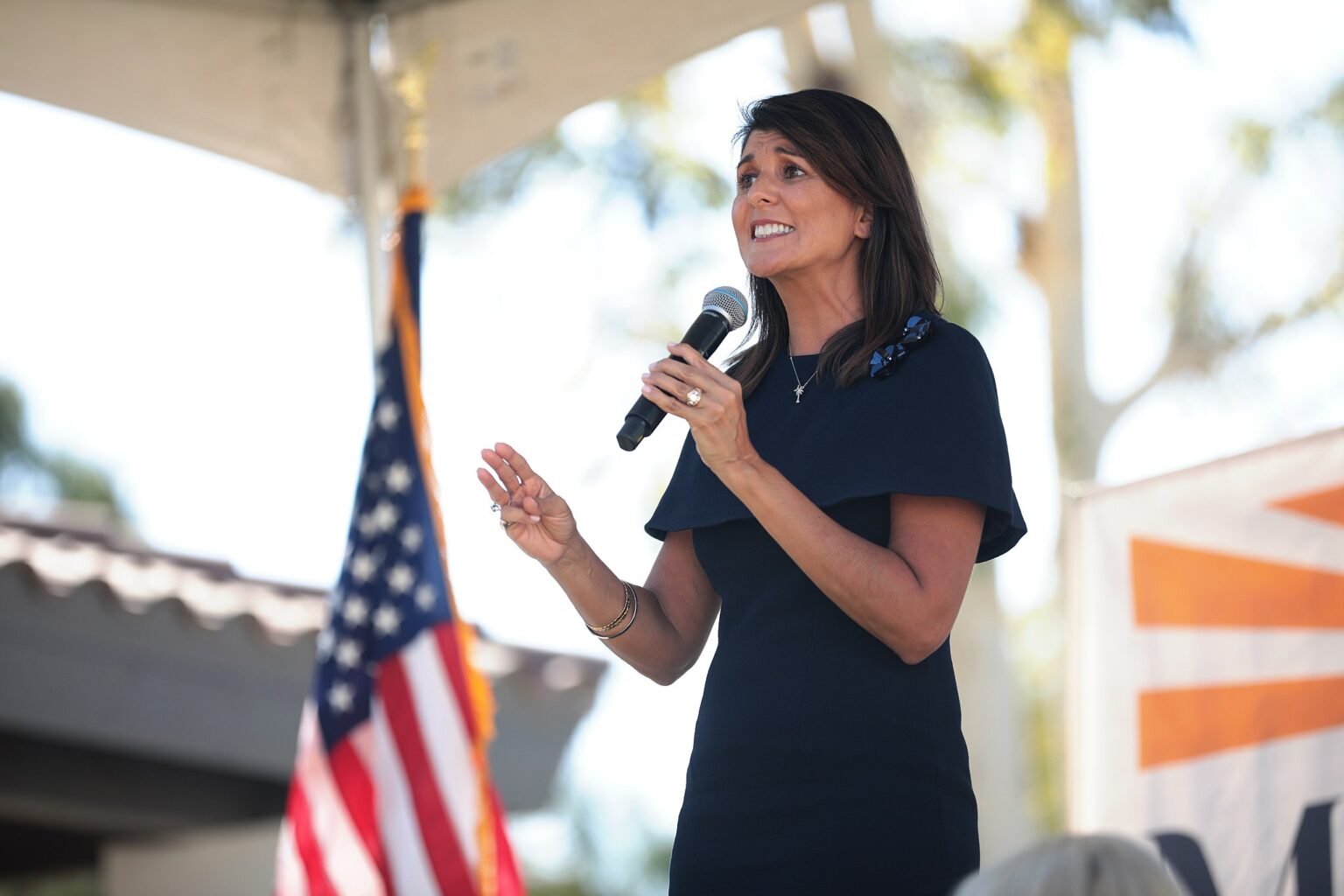Haley is cost the RNC a lot more than people think.
In the realm of Republican politics, a strategic tug-of-war is unfolding, with the Republican National Committee (RNC) finding itself in a financial bind as it gears up for the upcoming elections. Sources within the RNC have revealed a compelling proposition: urging Nikki Haley, the former South Carolina governor and a contender for the GOP nomination, to step aside from the race. The motive behind this request? To pave the way for a collaboration between the RNC and Donald Trump in a joint fundraising effort.
Financial disclosures from the RNC paint a sobering picture. Their cash reserves, at $8 million, fall far short of what’s necessary to mount a robust campaign, especially when compared to the funding levels during Trump’s 2016 presidential bid. The crux of the RNC’s financial woes lies in a dwindling stream of direct revenue. Small-dollar donors, it appears, are more inclined to funnel their contributions directly to the Trump campaign, while larger institutional donors, disenchanted with Trump, prefer to support candidates like Haley.
To remedy this predicament, RNC leadership has discussed the imperative of Haley bowing out of the race. This move would facilitate the formation of a joint fundraising committee with Trump, enabling the solicitation of substantial donations exceeding $800,000 from affluent backers. While technically not contingent on Haley’s withdrawal, her exit would likely redirect her major donors towards the RNC’s coffers, sans Trump.
The RNC insists it harbors no bias towards any particular candidate, but prevailing polls showcasing Trump’s ascendancy post-Iowa and New Hampshire victories position Haley as the probable casualty. Recognizing the potential protraction of Haley’s candidacy, the RNC has initiated a “Presidential Republican Nominee Fund 2024” to accumulate contributions in the interim.
However, uncertainties loom regarding the RNC’s neutrality. Even RNC Chairwoman Ronna McDaniel hinted at a consolidation around Trump post-New Hampshire primary, a departure from her previous stance of neutrality. Trump’s allies in Florida remain cautious about aligning with the RNC, fearing backlash from the staunchly pro-Trump base suspicious of establishment entities.
The dynamics between Trump and the RNC are complex. Trump’s reluctance to fully embrace the RNC stems from concerns over its institutional image and perceived lackluster support for his candidacy. A proposed resolution by Trump loyalists to anoint him as the presumptive nominee met swift rebuke, reflecting lingering tensions between Trump and the RNC.
Furthermore, Trump’s dissatisfaction with the RNC’s fundraising prowess was evident in his recent meeting with McDaniel, where he stopped short of demanding her resignation but suggested it. The reluctance of Trump’s camp to fully embrace the RNC could potentially undermine the efficacy of any joint fundraising initiatives.
Central to this discord is the allocation of funds. Previous joint fundraising endeavors saw a disproportionate distribution of proceeds, with the RNC receiving a smaller share compared to the Trump campaign. Trump’s advisors have expressed disappointment in the RNC’s purported lack of support, emphasizing the need for a robust election integrity apparatus, an initiative they believe the RNC should champion more vigorously.
In essence, the convergence of financial constraints and political maneuvering underscores the delicate dance between the RNC and Trump’s camp as they navigate the road to the elections, each grappling with divergent priorities and ambitions.
